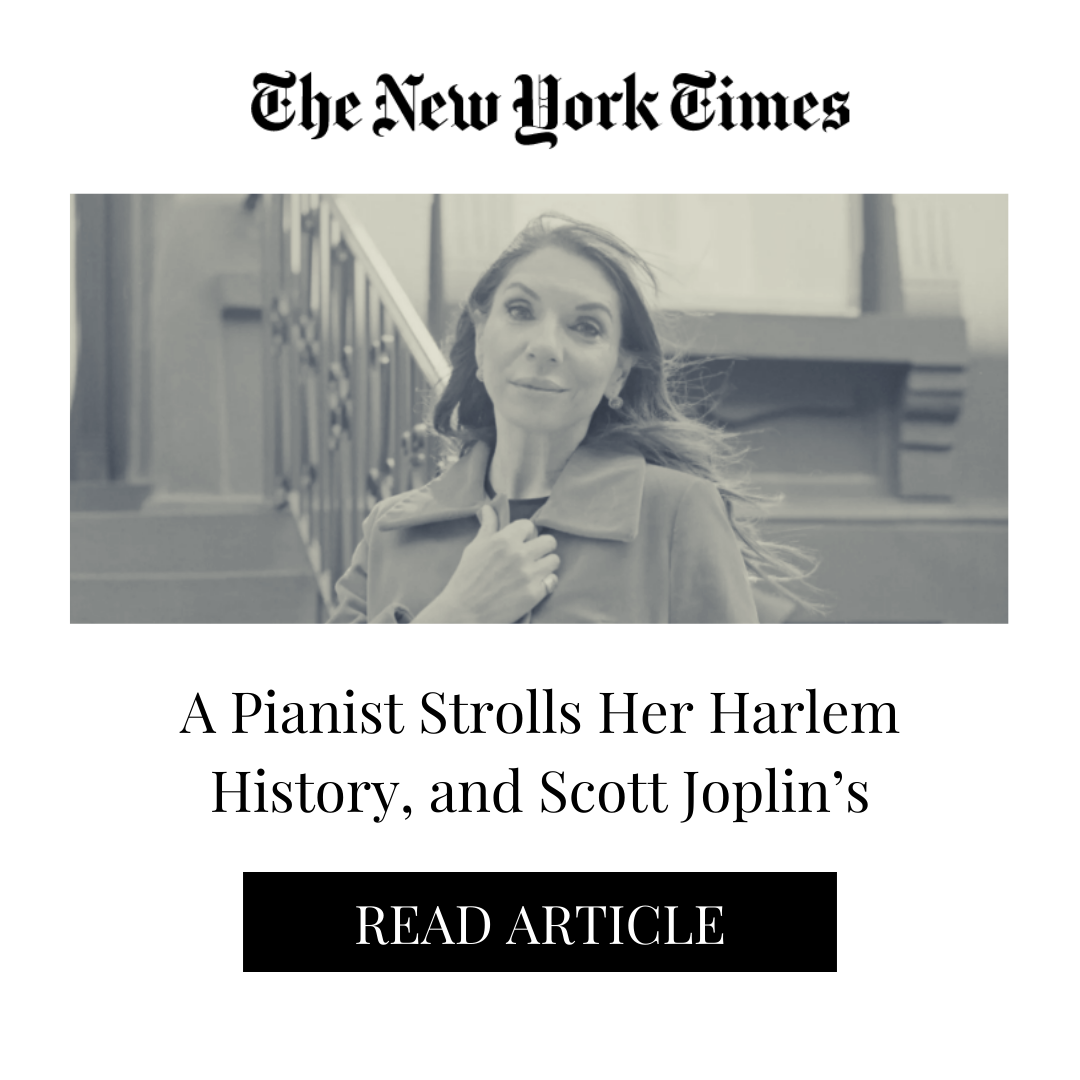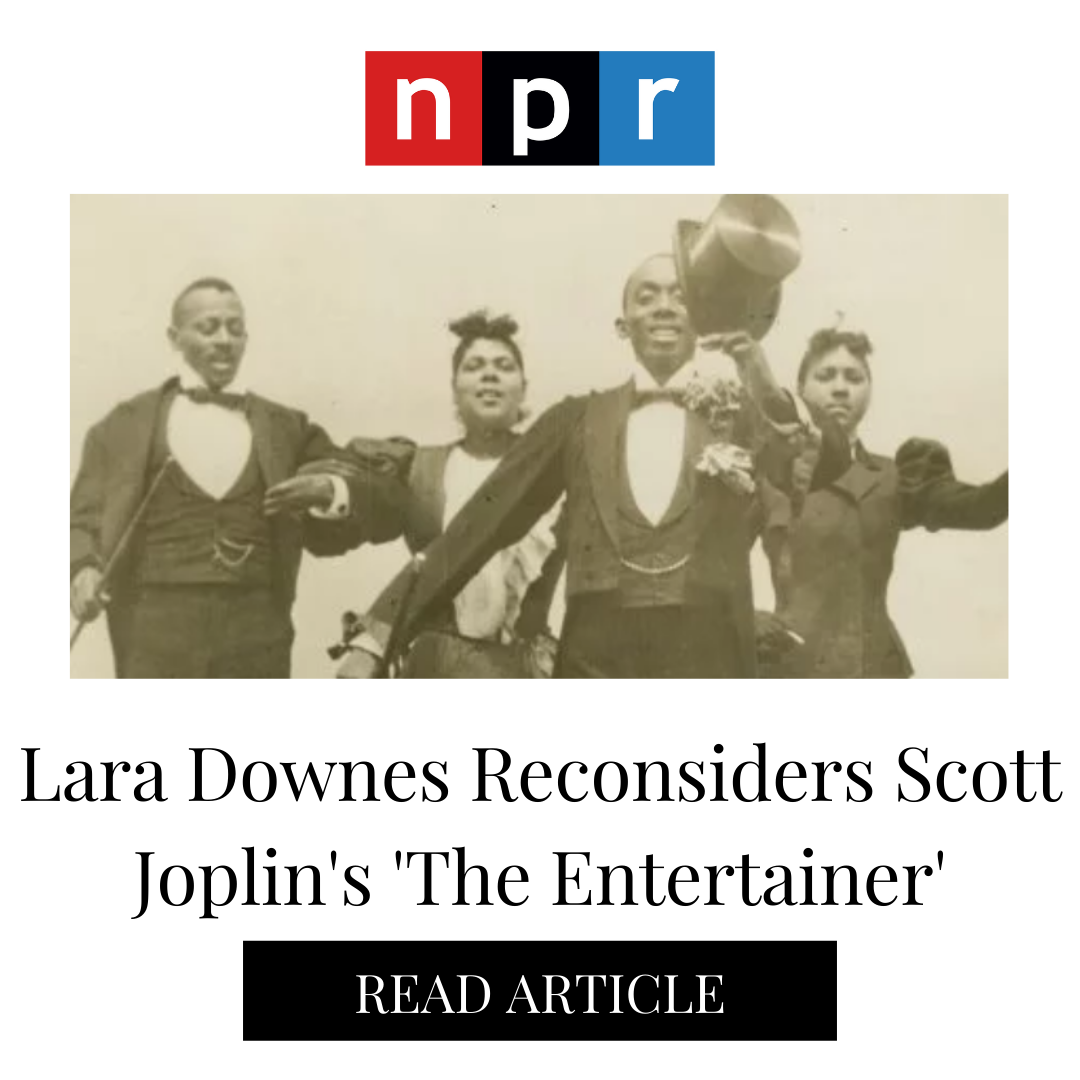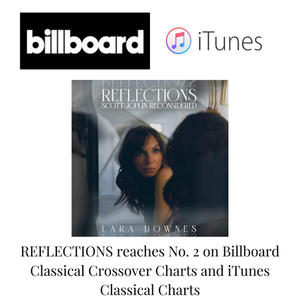From REFLECTIONS ON JOPLIN, by Lara Downes-
“I must've been about seven or eight when I first saw the movie The Sting. This would have been at the historic Castro theater in San Francisco where my mom used to take us for double matinees of old movies on weekday afternoons. We called this 'homeschooling'. The movie was about two very good-looking con men and one very bad mob boss, with a soundtrack that featured music by Scott Joplin, and I fell deeply, permanently in love with Scott Joplin's music and Paul Newman's smile.
I probably learned how to play The Entertainer that same year. Remember how everyone learned The Entertainer? The sound of that piece played hesitantly and unevenly, with stumbles over the tricky parts, is burned into my memory. My friend Helga can still sing the tune with the fingering her piano teacher assigned: 1-2, 1-5, 1-5, 1-5, 2-3-4-5-2-3-4-1-3-2. Remember how the ice cream truck used to play The Entertainer on its rounds through your neighborhood? It was the sound of summer.
Joplin wrote The Entertainer in 1902, at the dawn of a new century. That year, Theodore Roosevelt became the first American president to ride in an automobile. The first American movie theater, the Electric Theater, opened in Pasadena. The Texas Oil Company/Texaco was founded; the first J.C. Penney and Target stores opened. Langston Hughes, John Steinbeck, Ansel Adams, Richard Rodgers and Tallulah Bankhead were all born in 1902, destined to define a new American cultural era.
To reflect on Joplin’s music and life is to consider the cross-currents of American history - how fast they move, how abruptly they collide. He was born in Texarkana just five years after Lincoln issued the Emancipation Proclamation. His parents were musical - his father, a former slave, had played the violin for plantation gatherings back in North Carolina; his mother sang and played the banjo. As a little boy, he was allowed to play the pianos in houses where his mother worked as a cleaner. He taught himself the basics, and at age 11 he started piano lessons; his teacher was a German Jewish immigrant who had ended up in Texarkana as the private tutor for the children of a wealthy lumberman. Those lessons, offered without charge, instilled a love of classical music so deep as to compel Joplin to write not one, but two, operas in a lifetime that most definitely did not welcome a Black composer into the business of writing operas. By the time he was in his teens, he was making a living as an itinerant musician, shaping a new sound called ragtime….”





